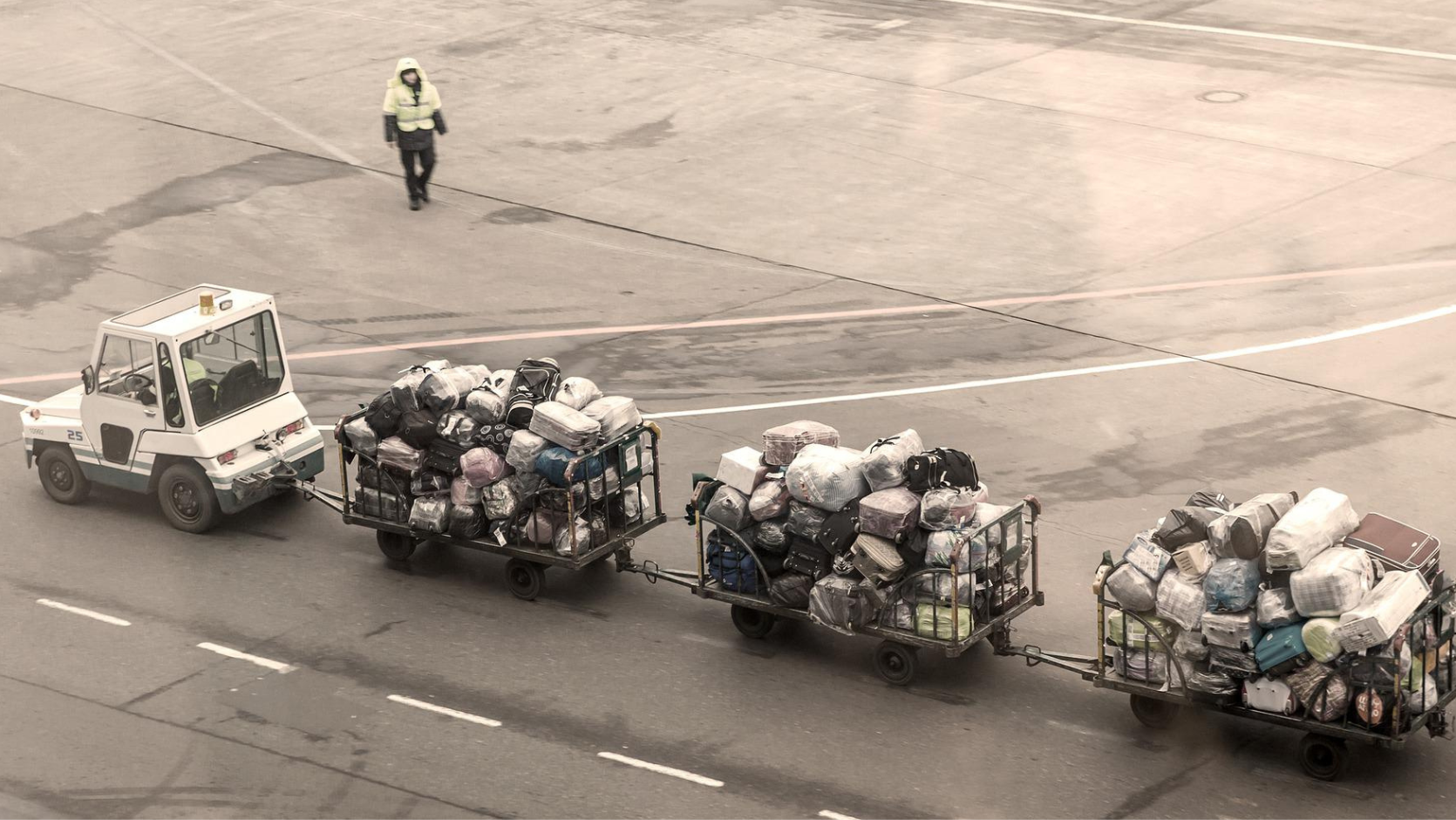The recent unanimous High Court ruling declaring Qantas’s actions illegal in sacking nearly 1700 workers and outsourcing their roles is very significant, although possibly not for the reasons most people might think.
Outsourcing as a strategy to avoid industrial action
The judgment does not mean employers cannot reduce the size of their workforce by outsourcing part of their operations if there is a sound business case for doing it, and where improving business efficiency is the real and substantial reason for taking this action.
The crucial High Court finding was that improving business efficiency was not the real and substantial reason for the actions of Qantas. (Please see Qantas Airways Limited v Transport Workers Union of Australia [2023] HCA 27.)
The seven judges concluded that Qantas was apprehensive that the workers – who were members of the Transport Workers Union – were likely to make enterprise bargaining claims in the foreseeable future and could engage in industrial action to support the TWU’s push for better pay and conditions.
Right to bargain protected under Fair Work Act
The right to bargain, and to engage in “protected” industrial action (that is, industrial action taken in compliance with certain conditions) are “workplace rights” as defined by the Fair Work Act 2009.
The Act contains a scheme of “general protections” under which it is unlawful for employers to take “adverse action” against an employee because the employee exercises a workplace right. (The most extreme form of adverse action, obviously, is dismissal.)
Difficulty in proving reason for adverse action decision
Another significant aspect of the decision is that it is usually quite difficult for employees or their union to prove that the reason (often referred to as the “real and operative” reason) for the employer’s decision to take adverse action was not what the employer said it was.
Qantas said the outsourcing decision was simply commercial and no bargaining or industrial action had yet begun. The company argued the possibility of industrial action in the future was neither the exercise of a workplace right, nor an “attempt” to exercise that right.
The High Court disagreed and found Qantas had breached section 340(1)(b) of the Act. Qantas was unable to prove to the court that its decision to outsource ground crew was not an attempt to avoid engaging in collective bargaining and the employees’ right to strike.
Significance of win for employees and union
A third important aspect of the judgement is the magnitude of the win for the employees and the TWU. The High Court is not known for its sympathy for trade union causes, and the difficulty of proving what really motivated Qantas added to that burden.
The financial impact for Qantas will be huge. For a company, the maximum penalty for breach of general protections is $82,500 for each contravention – in this case, for each of the 1700 dismissed employees.
Courts also have the discretion to order that part or all of a penalty be paid to the employee affected, rather than to the government. On top of that, an affected employee can make a claim for damages.
So, while legally the decision is not a barrier to employers making genuine commercial decisions to restructure and in so doing, to reduce the size of their workforce, the shock waves from the decision are likely to be felt for some time.
For more information please see NSW rail transport strikes and the poker game of industrial relations.














